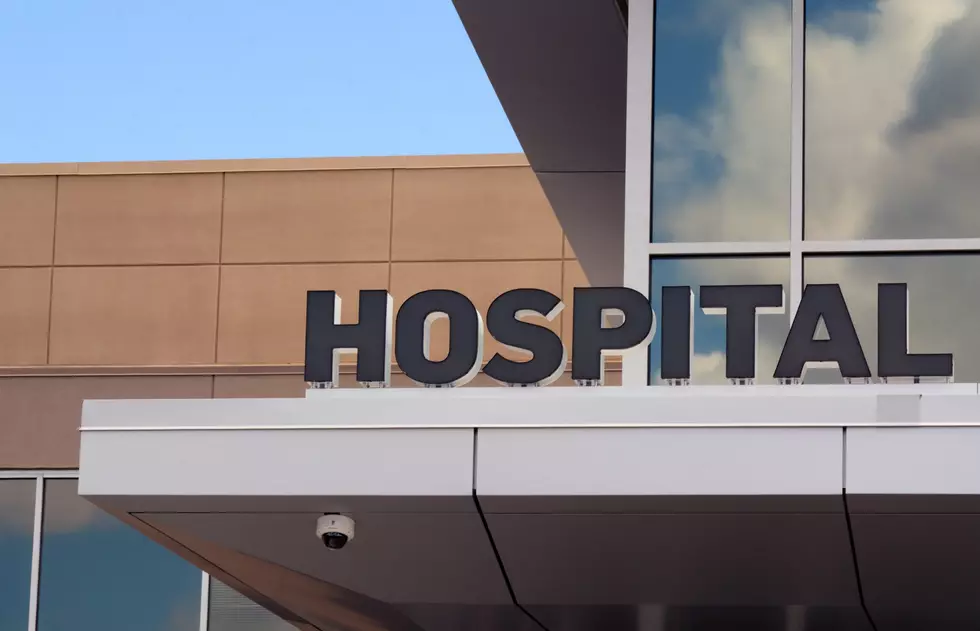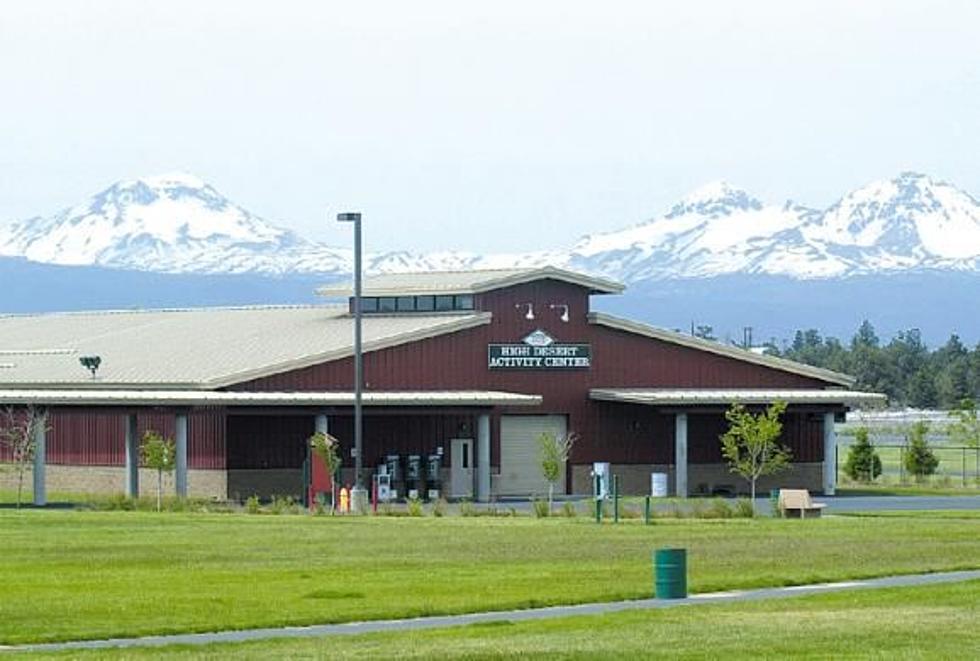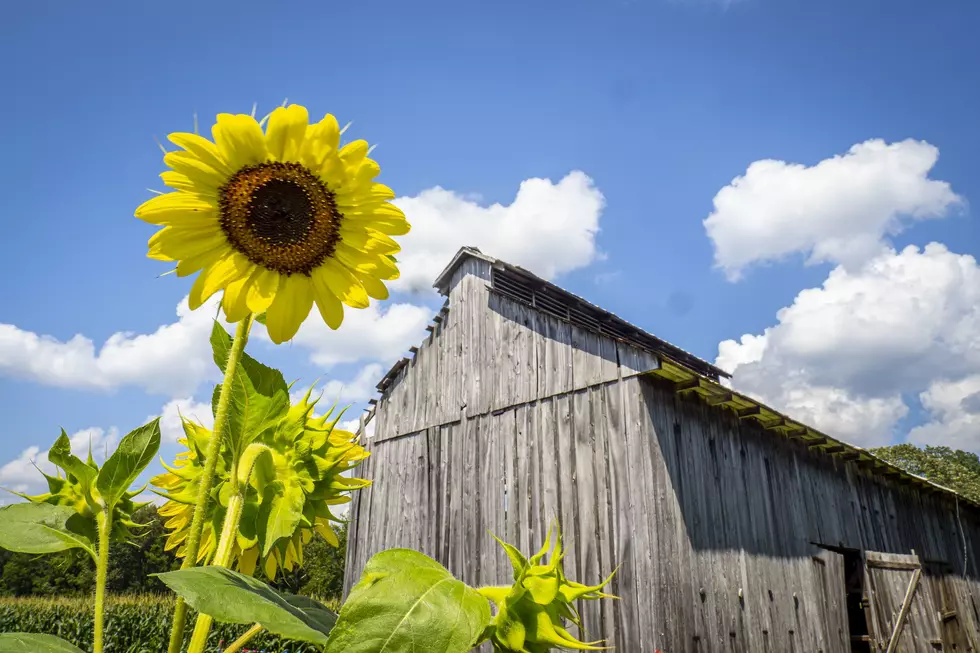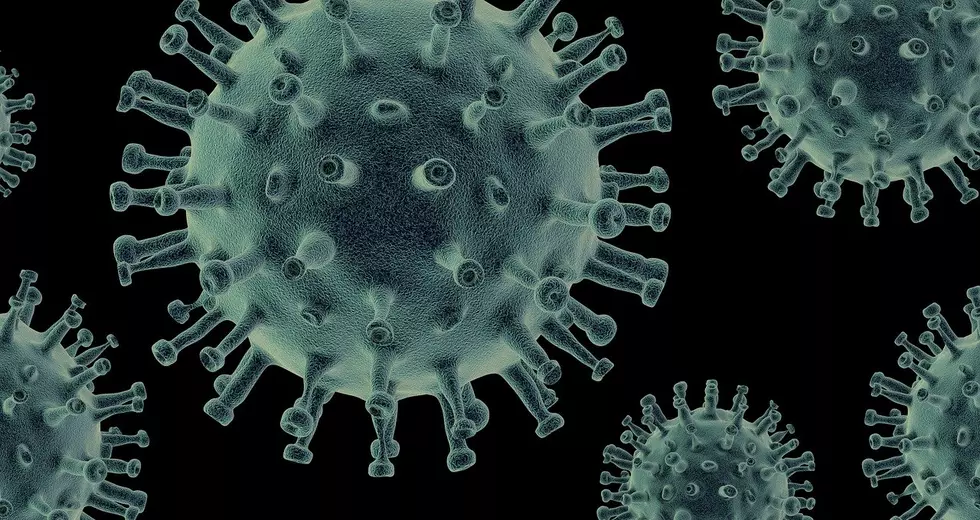
Rural Communities Reminded To Remain Vigilant When It Comes To COVID-19
The number of COVID-19 cases is on the rise in rural America, and officials are urging residents to take safety precautions. Emily Krekelberg is a Farm Safety and Health Educator for the University of Minnesota Extension Service said it’s not surprising that the virus has spread into rural areas.
“We heard from the CDC and others that this is something that’s certainly going to spread around, and they predicted it would be more prevalent in metro and urban areas just due to the density of people in those areas. I think too that people who live in rural communities are still traveling to larger areas to do their shopping and different things.”
So, for farmers or producers who are concerned about the virus, what are some of the symptoms of COVID-19 to watch out for?
“I always tell people to defer to the CDC guidelines, and a lot of other organizations have their guidelines out as well," Krekelberg noted. "I think it is a little trickier with farmers because fever, fatigue, tiredness, a lot of those things are signs or symptoms of COVID, but a lot of farmers may experience those symptoms due to harvest, long work hours, and those types of things. I tell people that, like we hear on the news and everywhere else, if you aren’t feeling well, better safe than sorry, go and get tested.”
“Farming is a family business, first and foremost, and so we do have people that will be living in houses together, so keeping a distance from one another may be not quite as at the forefront for people, but with employees and with other people who may be coming from other households, it’s just making sure that surfaces are staying clean, hands are getting washed, being distanced as much as you can," Krekelberg continued. "I think that’s the nice part about being on a farm is you aren’t usually close or even on top of other people all working together.”
Krekelberg added empathy is another requirement for dealing with COVID-19.
“I think it’s respecting that everybody has a different comfort level with this, and it might not be the same as mine or yours, but we need to recognize that we’re all going to deal with this differently. We’re going to have different levels of stress or anxiety about it; some people won’t have any, some people will have a lot, so be willing to work with people and recognize that they need to deal with this in their own way, and we need to respect that and give them that grace to do that.”
The biggest thing rural residents can do is take care of their overall health.
"Yes, we talk about our physical health a lot with COVID, but we also know that quarantining and all of the other uncertainties that come with this, but it’s also taken an emotional and mental toll. I always remind people to make sure that they’re taking care of their whole self, practicing self-care, which is any intentional act we make to take care of ourselves. Sleeping, eating right, spending time with family, being social in whatever way we’re safely able to do that.”
If you have a story idea for the PNW Ag Network, call (509) 547-1618, or e-mail gvaagen@cherrycreekmedia.com
More From PNW Ag Network









